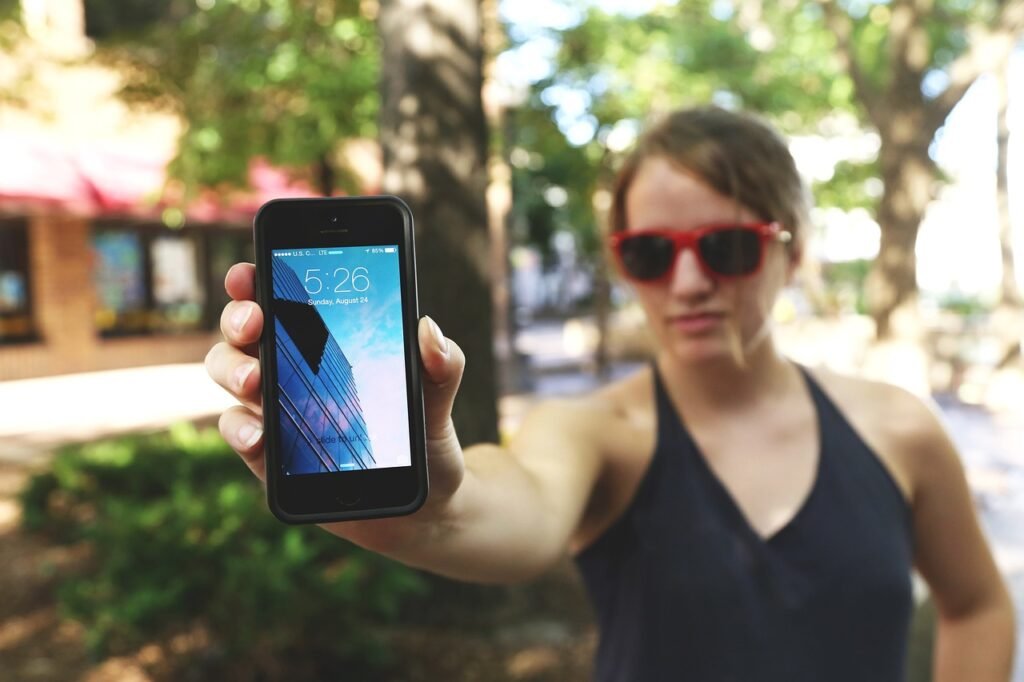Verbs in English
The verb "have"
The third most important verb to learn in English is the verb “have.” Use this verb when talking about possession, experiences, eating, drinking, and when forming many different phrasal verbs. The verb “have” is also an important helping verb.
have
Present Tense - Affirmative
singular
I have
you have
he has
she has
it has
plural
we have
you have
they have
The verb “have” usually takes an object: I have it. She has it. The word “it” is the object in these sentences.

- She has a cell phone.
- I have a cell phone.
- You have a cell phone.

- He has brown fur.
- He has very small ears and small eyes.
- Our world has many interesting creatures in it.
have
Present Tense - Negative
singular
I do not have
you do not have
he does not have
she does not have
it does not have
plural
we do not have
you do not have
they do not have
The verb “have” usually takes an object: I have it. She has it. The word “it” is the object in these sentences.

- This area does not have a lot of water.

- They do not have classes today.
have
negative contractions in the present tense
do + not = don’t
does + not + doesn’t
singular
I don’t have
you don’t have
he doesn’t have
she doesn’t have
it doesn’t have
plural
we don’t have
you don’t have
they don’t have

- I don’t have any money.
- She doesn’t have any money.
- They don’t have any money.

- He doesn’t have soccer practice today.
- His teammates don’t have soccer practice either.
Updated on July 26, 2024
